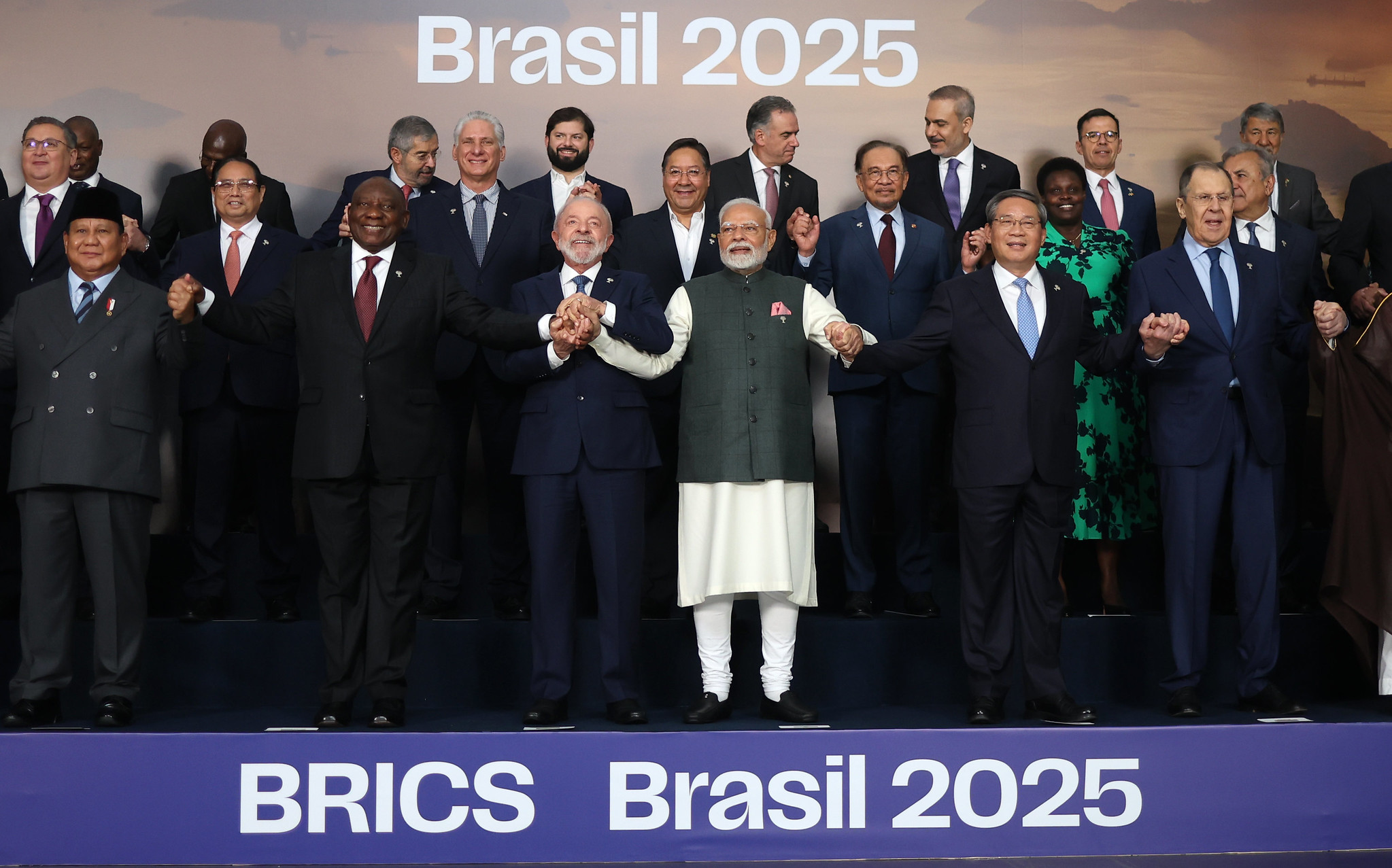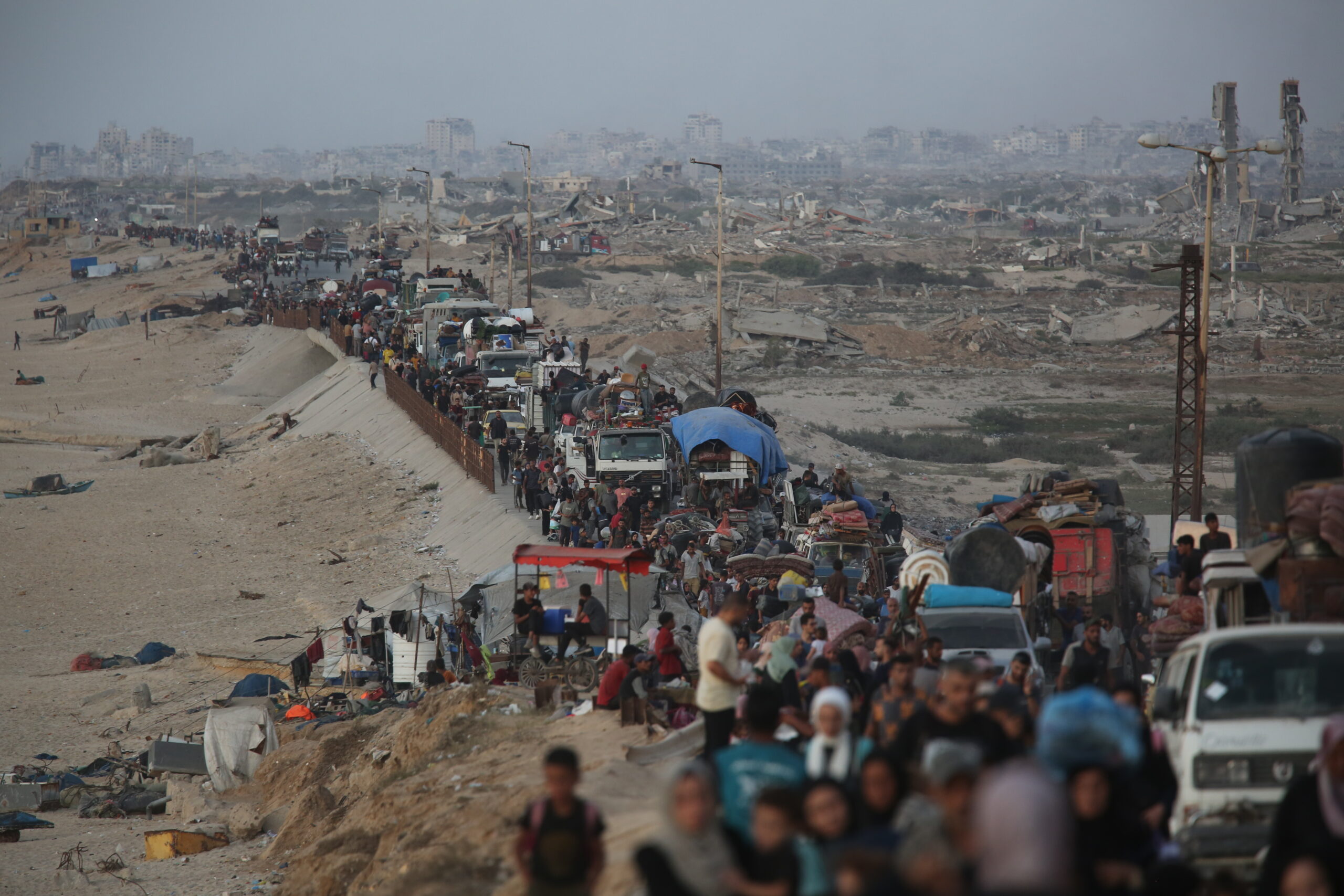
Iqbaal Abdi
On September 15, the Institute for Public Policy Research (IPPR), a leading think-tank, published a report warning of growing hostility from the Global South towards the West that “demands a relationship reset” from the West.
A key finding was that the Global South has expressed increasingly negative attitudes towards the Western world. The report noted that 64% of speeches delivered by Global South states at the UN General Assembly expressed a negative tone.
This figure increased to 75% in 2024. This disillusionment is a consequence of the West relying on outdated assumptions to inform its present-day relations. By holding a paternalistic and often patronising view of the Global South as mere recipients of aid, the UK overlooks potential strategic ‘win-win’ partnerships.
The IPPR warns that the UK’s continued limitation of partnerships to traditional allies such as the G7 or OECD countries could be detrimental to its own self-interest. The world is rapidly changing, with the wealth gap between the Global North and South narrowing.
“Europe held a quarter of the world’s people and nearly half its wealth, but today it is only 9% of the population and falling in the economic ranks.” As the IPPR reports, in the next 30 years, only the US will be able to justify its position in the G7, with Indonesia, India and Brazil’s economies overtaking those of current members.
The new reality of the world is that the liberal international order, backed by the unipolar power of the US, is weakening. The founding of BRICS suggests an alternative order in favour of emerging powers.
Developing systems such as BRICS Pay, a cross-border payment mechanism, aim to shield the Global South from the vulnerabilities of overreliance on the US dollar. In addition, China’s Belt and Road Initiative—a project rooted in Chinese nostalgia for its leading and innovative role in the Silk Road—aims to rebalance global power.

Foreign Secretary David Lammy met with Indonesian President Prabowo Subianto. The visit On in October 2024 in Jakarta, reflected Lammy’s “Progressive Realism” doctrine, advocating engagement with rising powers in the Global South. (Credit: Ben Dance/FCDO)
By creating new trade routes and agreements across Eurasia, with a total investment of $1 trillion, China seeks to reclaim a power reminiscent of its status in the ancient world. Notably, China has made significant investments on the African continent with the objective of fostering economic development. The former president of Senegal, Abdoulaye Wade, favoured China’s approach over what he called the “post-colonial approach” of European investors and donor organisations, as noted by the IPPR.
For the UK, changing its attitudes towards the Global South will be central to protecting its interests. Reviving its image as a state of significant influence by forming strategic partnerships with rising powers and catalysing development in poorer countries will protect the UK’s security, foster economic growth and enhance cooperation on international issues such as climate change.
The former foreign secretary, David Lammy, was not ignorant of this fact. In a piece for Foreign Affairs in May 2024, he made a case for a doctrine he dubbed Progressive Realism, which reflected some of the IPPR’s findings.
Lammy explains that Progressive Realism entails reaching a progressive end via realist means. The realism in this doctrine centres on the acknowledgement of the UK’s declining global standing. Lammy states that policymakers are too nostalgic for a past when the UK still benefitted from the legacies of colonialism and the post-World War II order, leading to policies rooted in an illusory, deceptive imagining of the world. The world is now multipolar, with many rising powers setting their own agendas instead of being pawns of superpowers.
“A broadening group of states—including Brazil, India, Saudi Arabia, and the United Arab Emirates—have claimed seats at the table. They and others have the power to shape their regional environments, and they ignored the European Union, the United Kingdom, and the United States even more frequently,” said Lammy.
More importantly, Lammy explains, the rise of China directly challenges the existing liberal international order. Across all domains, China can compete with US superiority, including on economic, technological and military grounds. Compared to the UK: 30 years ago, Britain had an economy as large as those of China and India combined; today, it is only a fifth the size of China’s soaring economy.
Lammy understands this rapid change demands an answer that is rooted in cooperation with non-Western states. Recognising the failures of the democratic peace theory—a concept with origins in the work of Enlightenment philosopher Immanuel Kant, which held that economic cooperation would breed a wave of democratisation of non-Western states—Lammy argues the West cannot continue its liberal crusade.
Nevertheless, Lammy does not completely divorce himself from progressive idealism. He understands cooperation with authoritarian and non-Western states is inevitable, especially if the UK wishes to take a lead on the green economy and the AI revolution – where semiconductors may replace oil as the most politicised commodity – as well as reclaim its presence on the global stage.
However, he believes increasing global stability and protecting values by challenging authoritarian states (if possible), protecting the UK’s interests where possible, and strengthening ties with the Commonwealth and existing allies will serve a progressive purpose.
With Lammy’s tenure as foreign secretary now over, he leaves behind a framework to guide Labour’s foreign policy which research by the IPPR suggests may lead to a revival of the UK’s prestige.
However, a shortcoming of this doctrine is that it could be used as shelter for the UK government when it falls short on championing progressive values. How the new Foreign Secretary, Yvette Cooper, reconciles state interests with progressive ideals whilst avoiding a neocolonial approach to the Global South will define Labour’s success.
Feature photo: BRICS heads of state and government, joined by partner nations, gather for the official group portrait at the Museum of Modern Art in Rio de Janeiro on July 7, 2025, marking the bloc’s growing role in a shifting global order. (Credit: Ueslei Marcelino/BRICS Brasil)
Download (2.5 MB) the report: Growing hostility from global south towards west demands relationship reset, says IPPR (IPPR, September 15, 2025)
By Iqbaal Abdi, Graduate in Politics and International Relations.


